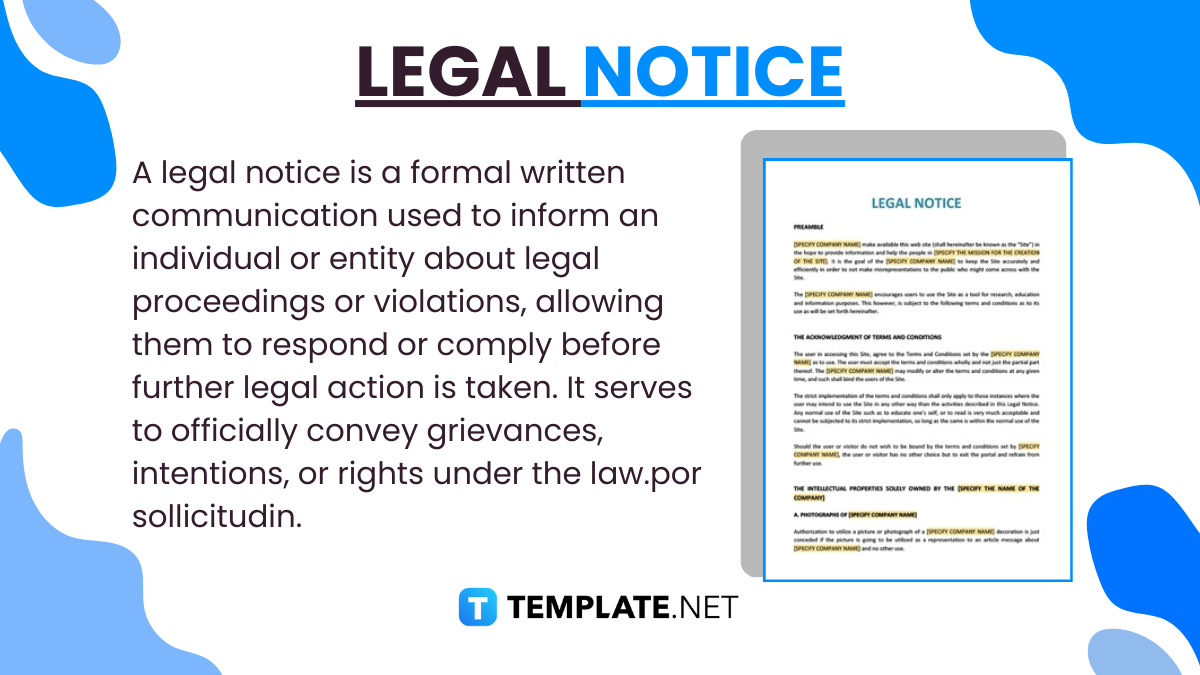
Legal Notice
Legal notices are formal announcements or declarations issued by entities or individuals to inform others of legal actions, obligations, or…
Dec 31, 2025
Legal notices are formal announcements or declarations issued by entities or individuals to inform others of legal actions, obligations, or rights. Typically, they serve to notify involved parties about legal proceedings, changes in legal agreements, or actions that may affect their legal rights. These notices can be published in newspapers, official journals, or through direct communication such as letters or digital formats, depending on legal requirements or the nature of the information. They are crucial in ensuring that all parties are properly informed and have the opportunity to respond or participate in legal processes appropriately. Legal notices help maintain transparency and fairness in legal practices, ensuring that no party is left uninformed of significant legal actions that might affect them.

Drafting a formal legal notice becomes much simpler when you use a structured notice maker to organize legal details clearly and accurately. It helps ensure that sender information, subject lines, deadlines, and required actions are presented in a professional and legally appropriate format.
A legal notice is a formal written document used to inform someone of a legal process or obligation. It serves to officially communicate the intent to take legal action, demand compliance, or assert rights, providing the recipient with an opportunity to respond or comply before further legal steps are taken.
Creating a legal notice involves careful attention to detail to ensure that all necessary information is presented clearly and accurately. Here is a general format for a legal notice that can be adapted depending on the specific requirements of the legal situation or jurisdiction:
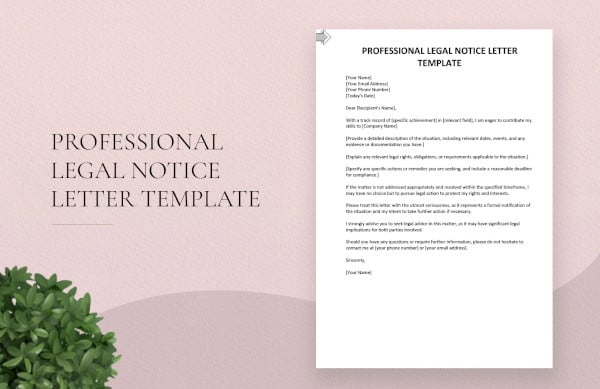

If you want to maintain consistency across different types of legal communications, referring to ready-made notice templates can save time and reduce formatting errors. These formats are especially helpful when drafting notices for termination, payment recovery, or contractual disputes.
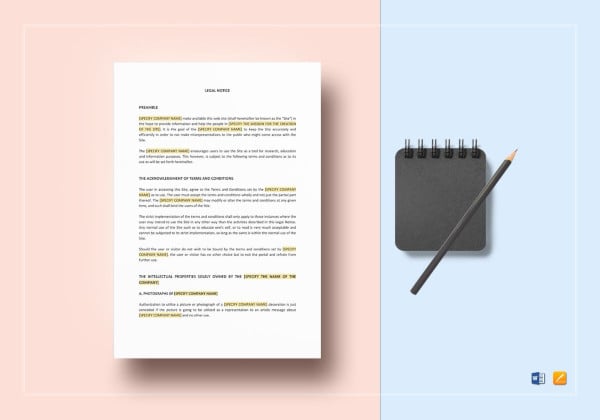
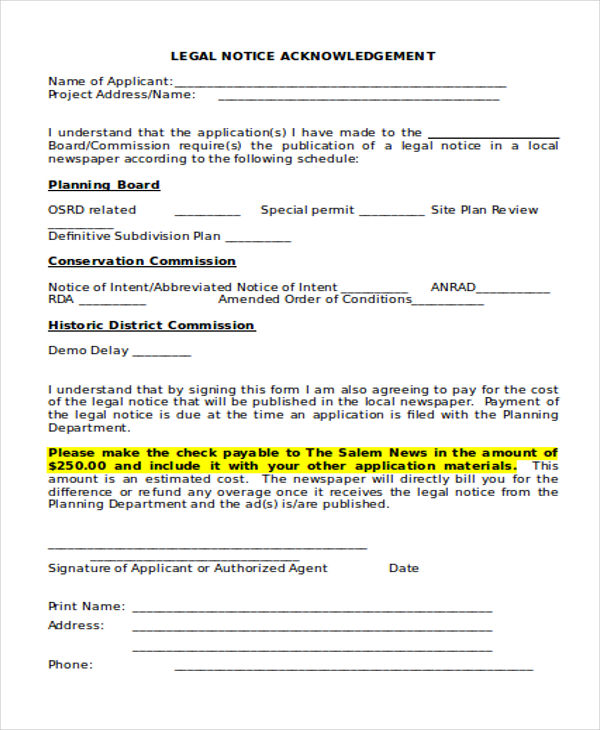 beverlyma.gov
beverlyma.gov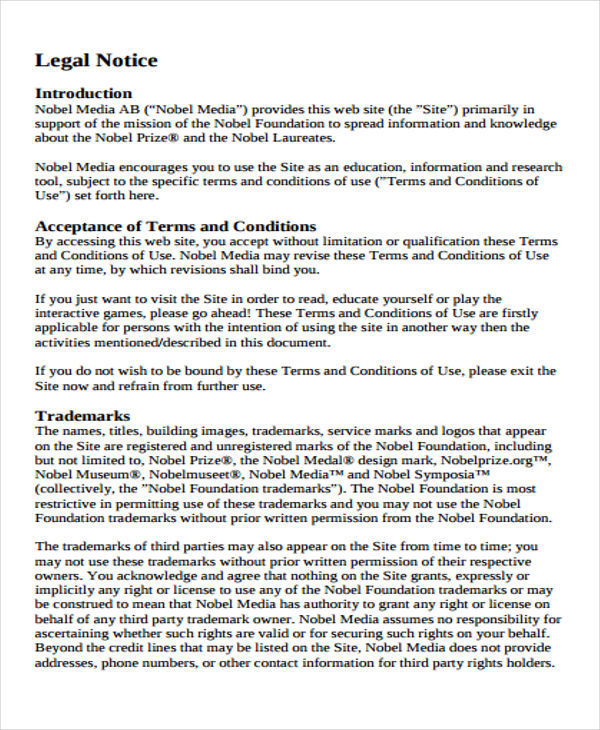 nobelprize.org
nobelprize.org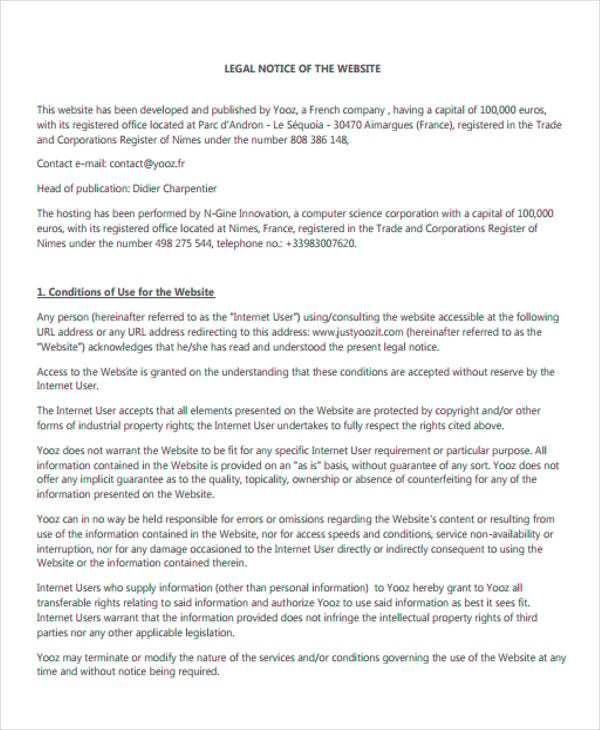 justyoozit.com
justyoozit.com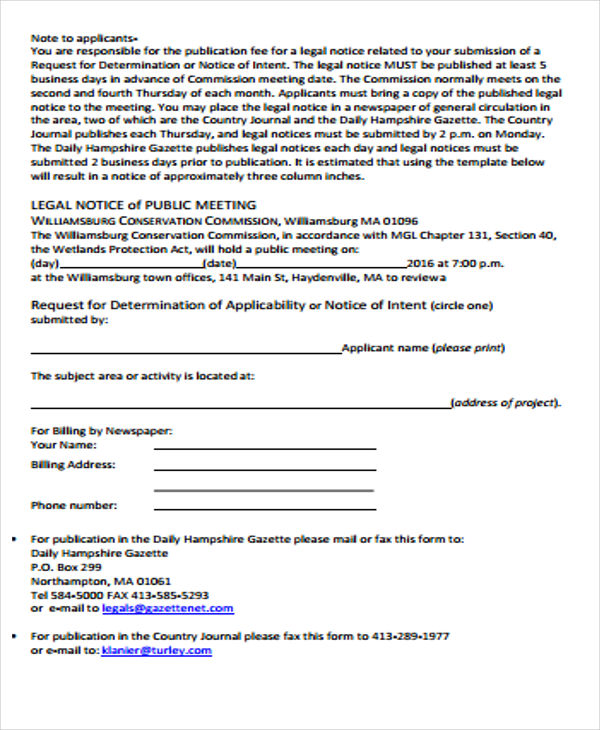 burgy.org
burgy.org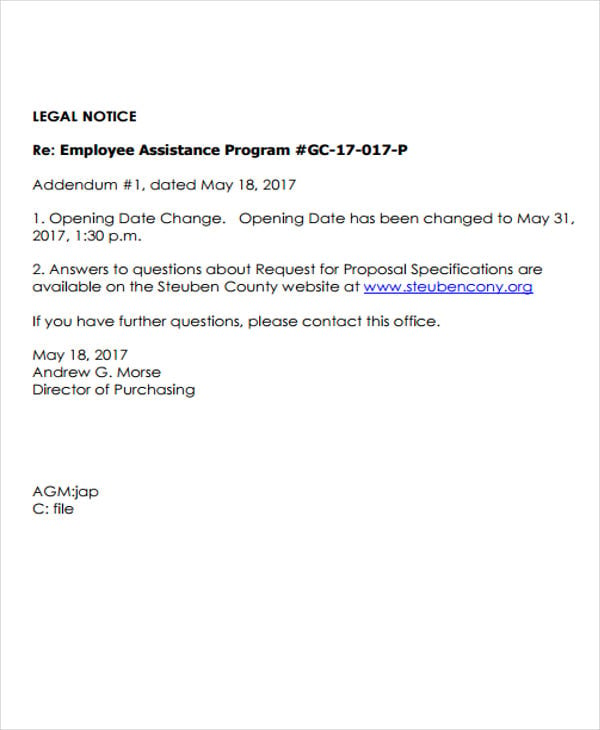 steubencony.org
steubencony.org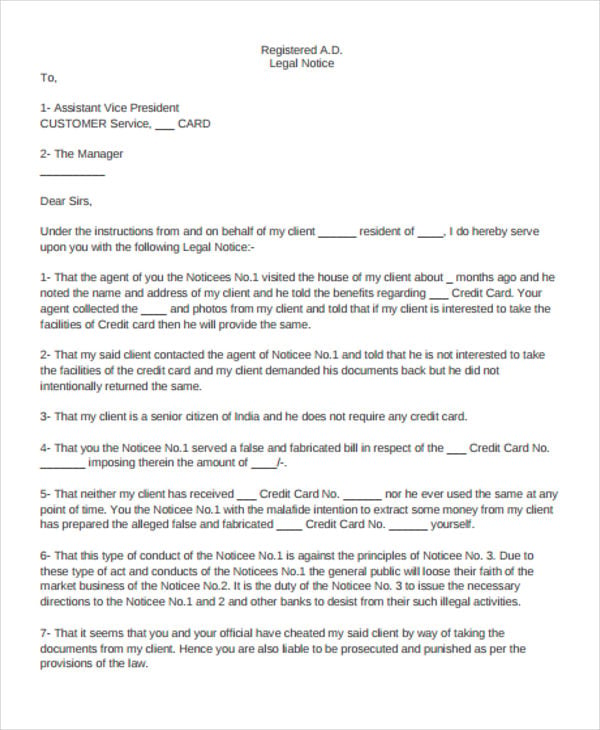 lawpandit.com
lawpandit.com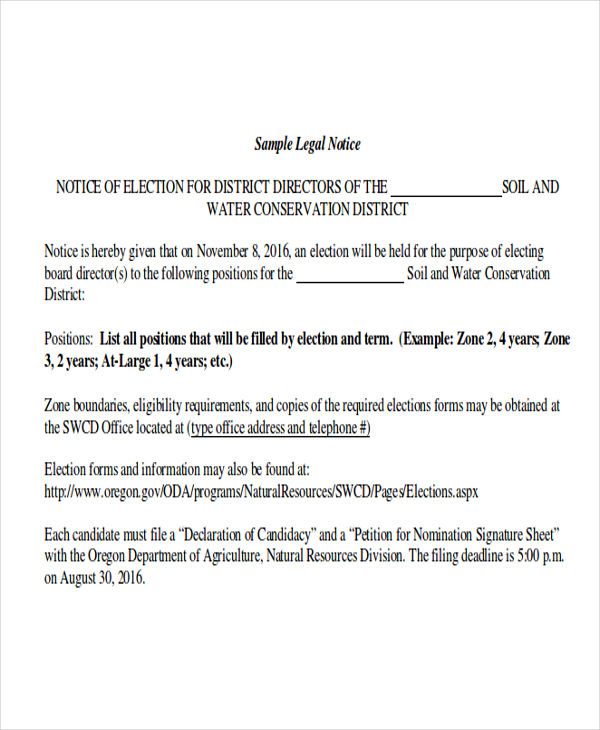 oregon.gov
oregon.gov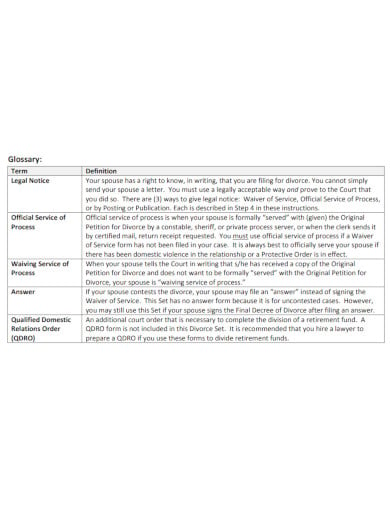 txcourts.gov
txcourts.gov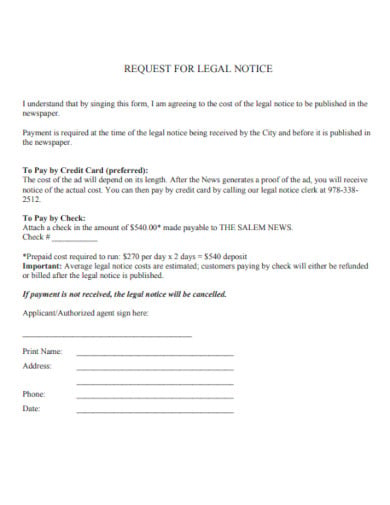 salem.com
salem.com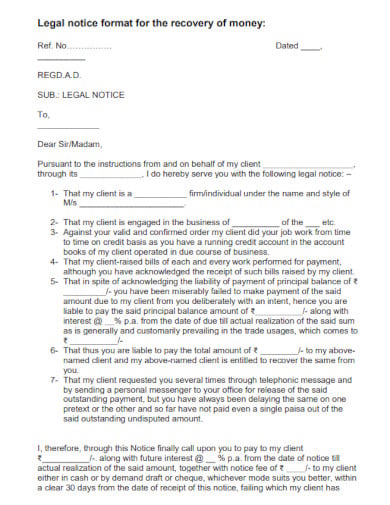 vakilsearch.com
vakilsearch.comA legal notice is a formal communication to inform an individual or entity about legal intentions or actions. Here are the key elements that should be included in a well-drafted legal notice:

Legal notices come in various forms, each serving a specific purpose in legal communications. Here’s an overview of the most common types of legal notices:

Drafting a legal notice involves a meticulous approach to ensure clarity, legality, and effectiveness in communicating the necessary action or information. Here’s a step-by-step guide on how to draft a comprehensive legal notice:
Before you begin drafting, collect all necessary details including names, addresses, legal documents, facts of the case, and any previous communications. This will ensure accuracy in your notice.
As legal documentation becomes more structured and deadline-driven, many professionals now rely on AI tools to assist with drafting, reviewing, and organizing legal notices. These tools can help improve clarity and completeness while ensuring important legal elements are not missed.
Start with a professional format. Your notice should include:
Begin with a formal introduction of the sender and the purpose of the notice. For example:
Provide a clear and concise background of the circumstances leading to this notice. Include specific dates, events, and any relevant details to ensure the recipient understands the context.
If applicable, cite the specific laws, regulations, or clauses of agreements that support your notice. This emphasizes the legality of your claims or actions.
Clearly describe what actions the recipient is expected to take, by when, and the consequences of non-compliance. Use direct language to avoid ambiguity, e.g.:
Set a clear deadline for compliance, allowing a reasonable amount of time depending on the action required and the legal norms.
Explain what legal actions will be taken if the recipient fails to comply with the notice requirements within the stipulated timeframe.
End the notice with a formal closure statement:
Proofread the notice for any errors in facts, spelling, or grammar. Ensure all legal aspects are correctly represented. It might be beneficial to have it reviewed by a legal professional.
Determine the appropriate method of delivery, which could include certified mail, personal delivery, or as dictated by legal requirements. Keep proof of delivery, such as receipts or confirmation emails, for your records.
A legal notice is a formal written communication sent by one party to another to inform them of a legal obligation, dispute, or intended legal action. It is important as it serves as a preliminary step to resolve issues amicably before pursuing formal litigation.
To draft a legal notice, include the sender’s details, recipient’s details, a clear statement of the issue, legal provisions involved, and a specified timeframe for compliance or resolution. It is advisable to seek the assistance of a lawyer to ensure accuracy and legal validity.
A legal notice should be issued when there is a breach of contract, unpaid dues, property disputes, employment grievances, or any other situation where legal recourse may be necessary. It gives the other party an opportunity to address the issue before proceeding to court.
In many cases, issuing a legal notice is mandatory before filing a lawsuit, such as in cases of contract disputes, property matters, or defamation. However, it depends on the nature of the case and the legal requirements in your jurisdiction.
If a legal notice is ignored, the sender may proceed with legal action against the recipient. Ignoring a legal notice can weaken the recipient’s position in court, as it demonstrates non-compliance or indifference toward resolving the dispute.
For faster preparation, starting with a free templates allows individuals and organizations to focus on the legal content rather than document layout. This is useful when issuing notices quickly while still maintaining a formal and compliant structure.

Legal notices are formal announcements or declarations issued by entities or individuals to inform others of legal actions, obligations, or…
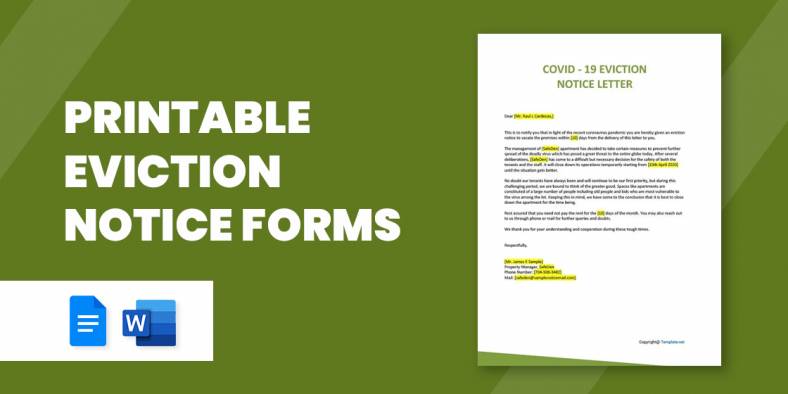
Being a landlord, sometimes certain conditions arise when you have to send an eviction notice to your tenants. Whatever may…
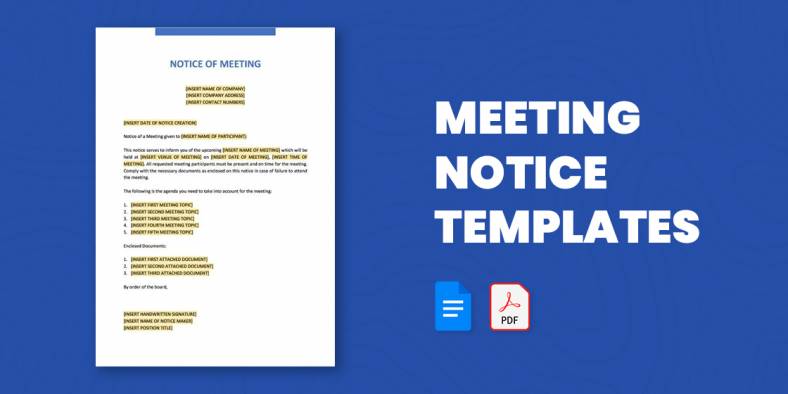
Before any meeting is conducted, preparations are made by the participants with the use of the information written on a…
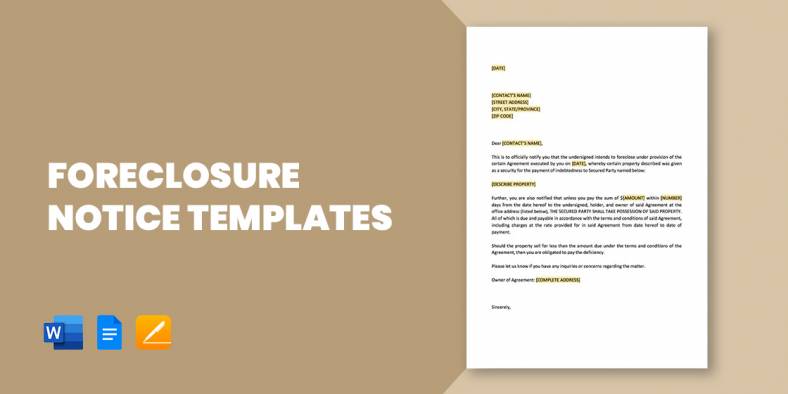
It is normal to have circumstances where you find it difficult to pay for properties. However, there are also a…
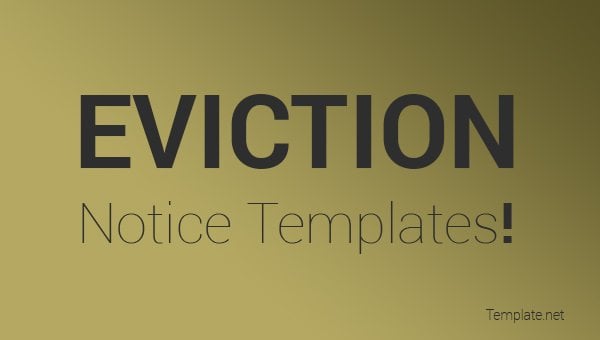
An eviction notice template is issued by a landlord to a tenant asking the tenant to evict from the place…

An audit notice initiates a duty review that follows a bookkeeping methodology where the IRS inspects your individual or business…

A termination notice is drafted to inform the required person about the end of a particular contract. Such type of…

A maintenance notice is an announcement or reminder for the designated recipient about the maintenance work. It can be the…

Let’s say that there is a particular client that has yet to pay you for services that you have already…